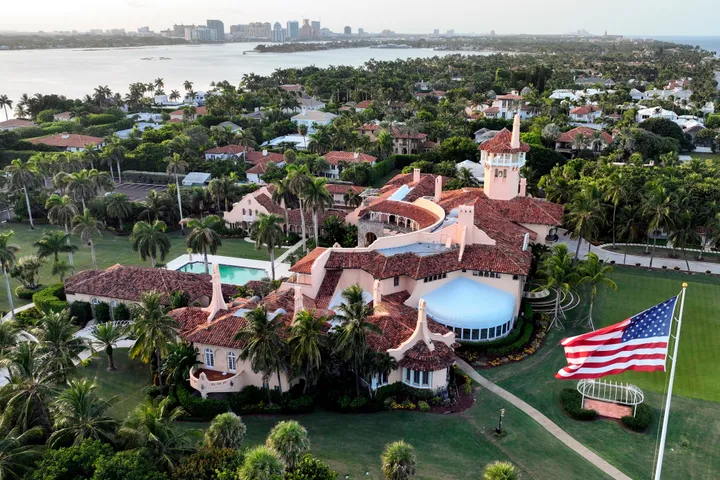Germany’s Ministry of the Interior recorded 8,605 crimes and misdemeanours committed by the extreme right in the first half of the year.
The data, which was revealed on August 13 by the news outlet, Tagespiegel, showed an increase of 900 cases compared with the same period in 2018.
Of the misdemeanours, 363 were violent crimes, which resulted in 179 people being injured.
The actual number could be much higher, as cases that are not initially labelled as having a political nature, are classified as such.
Data for the month of June appears not to be included, according to the German newspaper Hesse. That was the month, Walter Luebcke, a local politician in the Cassel district and member of Angela Merkel's Christian Democratic Union (CDU), was murdered on the night of June 1.
The main suspect was Stephan Ernst, a 45-year-old former member of the neo-Nazi National Democratic Party of Germany (NPD), who had already served six years in prison for detonating a bomb in front of a refugee hostel in 1993.
Arrested on June 15 and remanded in custody since then, Ernst at first admitted to the murder of the politician, before retracting his statement.
Far-right violence has been a periodic feature of life in Germany despite the legacy of the Second World War.
The bloodiest attack by Neo-Nazis since that war was the Oktoberfest bombing in the southern city of Munich on 26 October 1980, which killed 13 people and left more than 200 people wounded.
Between 1990 and 2017, at least 169 murders were carried out by extreme right elements in the country, according to a joint survey by Die Zeit and Tagespiegel published at the end of 2018.
Upcoming purges
Although the phenomenon is old, the current situation is nevertheless unique.
The first reason is the increase in acts of group violence against foreigners, as was the case in three small cities in Saxony; Heidenau, Bautzen and Clausnitz, during the 2015 to 2016 refugee crisis.
It is a situation unprecedented in Germany since the early nineties, which was characterised by a series of racist attacks, mainly against the Vietnamese and Turks, in Hoyerswerda, Rostock, Moelln, and Solingen.
The second factor is the targeting of local elected officials. In this respect, the refugee crisis was a real turning point, marked by a proliferation of attacks against politicians who had distinguished themselves with their support for Merkel's reception policy.
“The anti-migrant atmosphere is fuelled by far-right racist and Islamophobic sentiments becoming more and more acceptable in society,” journalist Emran Feroz told TRT World.
“The recent attacks on politicians… illustrate this trend in the very obvious way,” he added.
Since Luebcke's murder, several politicians have received threats. They include figures such as Henriette Reker, the mayor of Cologne, who at the end of June received a letter signed ‘Sieg Heil’.
It warned her that she would be one of the victims of the "coming purges" after the murder of the prefect of Cassel. On October 17, 2015, on the eve of her election, an extreme right-wing criminal stabbed her in the neck, putting her in a coma for several days.
In 2018, 1,256 cases of ‘politically motivated crimes against public office holders’ were recorded in Germany. Of these, 40 percent were attributed to the far-right.
‘A very serious situation’
The issue shows signs of being taken seriously by the German media.
In recent weeks, the subject has not only received a lot of attention in the German press, but has also attracted the attention of leading politicians, such as Federal President Frank-Walter Steinmeier, who met with a dozen threatened mayors on July. 10
Ideas for countering the threat, include the introduction of a specific offence for threats against elected politicians into the Criminal Code.
Another concerns the pace of judicial proceedings. Many politicians believe that acts that are clearly politically motivated should be taken more seriously by the courts.























